We ❤️ Open Source
A community education resource
Why the future of the spreadsheet is open source
Explore Grist, a collaborative spreadsheet with data sovereignty and security in mind.

Will the spreadsheet ever change? After nearly 40 years, Excel is still everywhere. Two decades ago, Google Sheets brought real-time, web-based collaboration and is now also everywhere. But the spreadsheet is essentially the same.
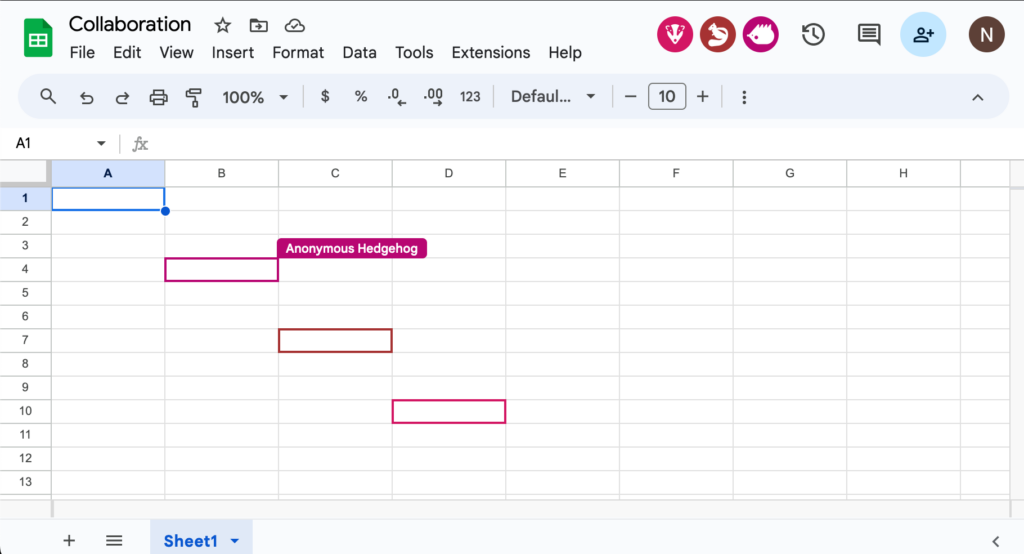
Newer apps like AirTable and Notion have been chipping away at spreadsheet use cases. They include some spreadsheet functionality, but focus more on relational data, collaboration, and no-code app-building. That may sound like a lot, but this approach is very common today.
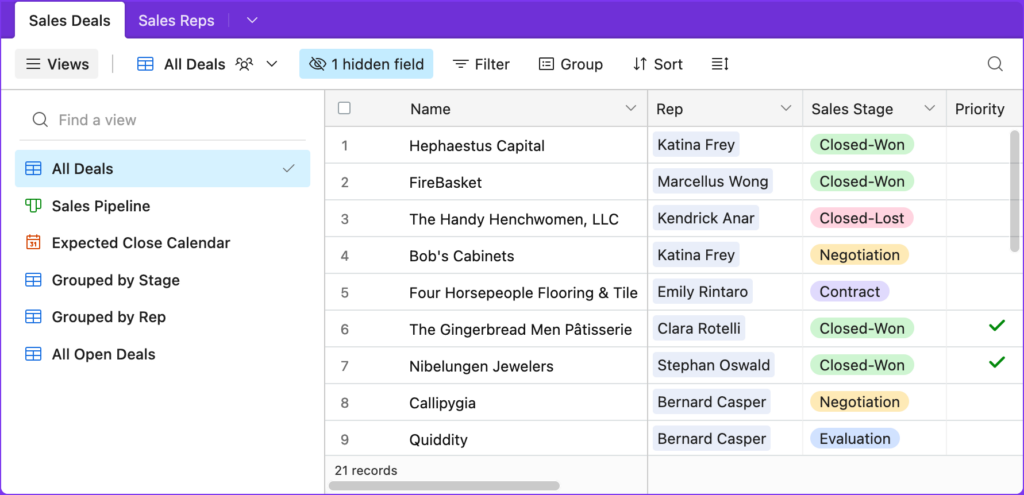
And like Google Sheets, they’re based on the cloud. They have to be, since collaboration is no longer optional. But the cloud is not risk-free – we’ve seen enough security breaches and scandals to know that if you have sensitive data on these services, you don’t have complete control. Companies in certain industries and many groups in governments will not allow the use of these tools for most of their data.
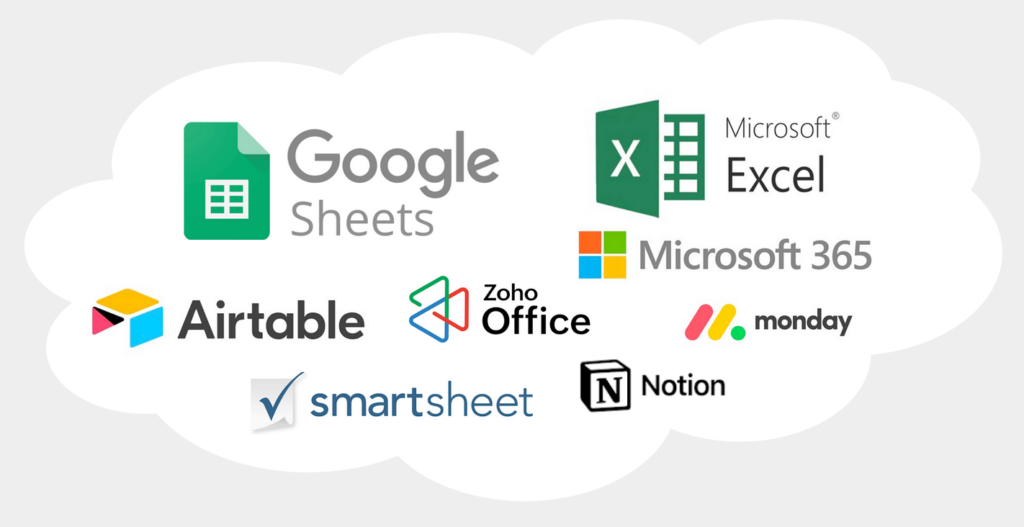
The evolution of data software reveals the tension between collaboration and data sovereignty.
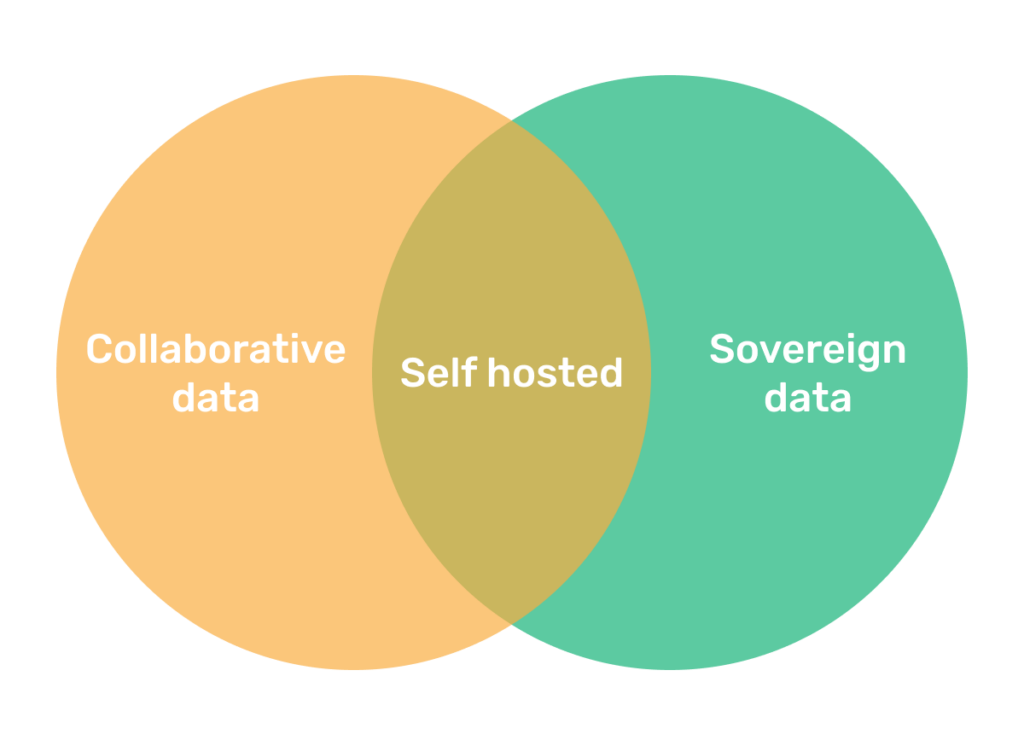
To reclaim control and retain collaboration, the solution is to self-host. In fact, that’s how cloud-cautious organizations collaborate with spreadsheets today (often times, painfully). For example, collaboration might look something like this: storing Excel files in on-premise SharePoint servers. And if you care about the security and longevity of the software you are using, you ideally want your solution to be open source.
So where do you turn if you want a modern, collaborative open source spreadsheet? That’s where Grist comes in – a spreadsheet-database built with strong feelings regarding open source. Some highlights:
- Fully self-hosted, with sandboxed formulas and a portable SQLite data format
- Standard spreadsheet formulas and standard library Python support
- Collaborative from the ground up, with SSO logins and granular access rules
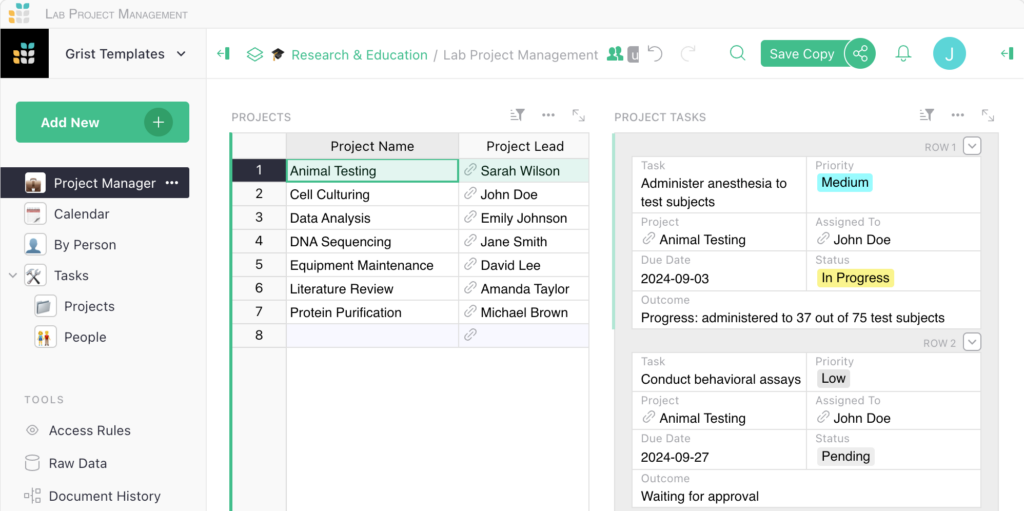
So far, Grist’s open source approach has been completely vindicated.
There are many organizations with real data problems which can’t even consider closed solutions. One example is the French government’s Agence nationale de la cohésion des territoires (ANCT), who began using Grist as an open source spreadsheet replacement. As their usage increased, they began contributing significantly to the codebase (and even have a dedicated board). This helps everyone, and is only possible thanks to an open source infrastructure built by thousands of contributors all over the world.
How does Grist change the spreadsheet? Aside from relational benefits borrowed from database design, we’re most excited about: 1) Using the full power of Python in a spreadsheet and 2) allowing large teams to work from one set of well-organized data with sophisticated access rules that can control permissions down to the cell.
Working with groups like ANCT informs and validates how something like Grist has a place within organizations that deal with sensitive data. The spreadsheet will continue to evolve, as will data workflows in general. For these types of organizations, it’s hard to imagine closed solutions being part of that evolution.
You can learn more about Grist at getgrist.com.
The opinions expressed on this website are those of each author, not of the author's employer or All Things Open/We Love Open Source.
